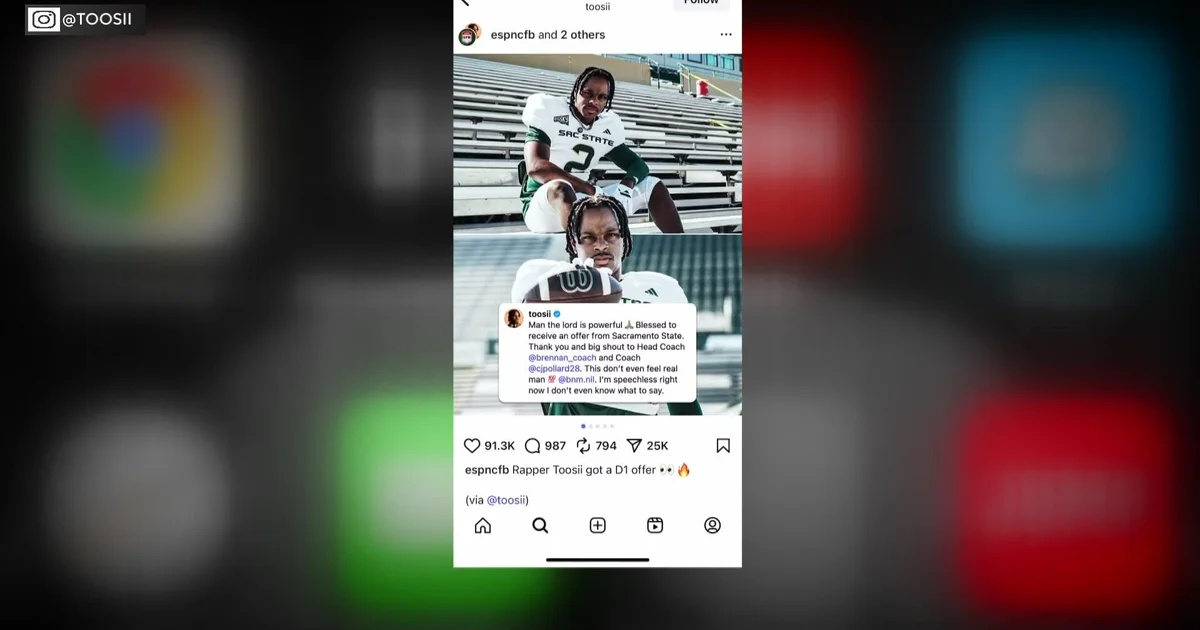
BY Muneer Panjwani
The past few years in corporate social impact have felt like a bull market. After 2020, companies raced to make commitments on racial justice, climate, mental health, and equity. Budgets grew. New executives were hired. “Purpose” became central to investor pitches and employee branding. Optimism and momentum were everywhere.
But anyone who follows the stock market knows what comes after a bull run: a correction. A correction isn’t a crash. It’s a recalibration. It trims excess, exposes weak bets, and rewards investments with real fundamentals. That’s exactly what we’re seeing now in social impact.
WHAT A CORRECTION LOOKS LIKE
In the markets, corrections show up as a pullback in prices, a cool-down in exuberant storytelling, and a flight to safer assets. In corporate impact, it’s showing up as:
Language shifts. Mentions of “DEI” in big-company filings have dropped by more than half in the past two years. Some firms now use “belonging,” “workplace equity,” or “human capital risk” instead. That doesn’t always mean the work is gone—it means leaders are trying to reduce political exposure.
Reframed commitments. Pride sponsorships that once filled headlines have been scaled back or rebranded. ESG language is under attack in some states, so companies are re-packaging climate and governance work as “risk management” or “resilience.”
Risk repricing. Target became a flashpoint, losing billions in market value and facing shareholder lawsuits after boycotts tied to Pride merchandise. Other companies have quietly moved dollars from visible campaigns into employee well-being or supplier diversity, where the value is clearer and the risk of backlash is lower.
This is correction behavior: The froth is gone, the fundamentals remain.
Subscribe to the Daily newsletter.Fast Company’s trending stories delivered to you every day
CORRECTIONS SEPARATE SPECULATION FROM STRATEGY
Corrections don’t create fragility—they reveal it.
Companies that treated DEI and social impact like a press release—big promises, little infrastructure—are retreating. Their programs were like hype stocks: attractive in the short term, weak in the long term.
By contrast, companies that integrated equity, climate, or community engagement into their business model—into talent strategy, supply chains, product development, and governance—are holding steady. Their investments look less flashy but more durable.
IT’S NOT JUST DEI
This recalibration is happening across the whole portfolio of social justice work.
Climate. ESG proposals in shareholder meetings are drawing record-low support in the U.S., even as global pressure rises. Still, most major corporations aren’t abandoning climate targets—they’re rebranding them as cost-saving, efficiency, or resilience plays.
Philanthropy. Equity-centered giving surged after 2020. Now, some companies are consolidating efforts, focusing less on broad social-justice branding and more on specific, measurable partnerships with nonprofits.
LGBTQ+ and racial justice. Campaigns that were once front-page news have pulled back. Yet behind the scenes, many companies continue funding ERGs, mental health benefits, and advocacy groups—just without the same spotlight.
This doesn’t mean the social impact market has collapsed. It means the “valuation” of certain programs is being recalibrated.
LESSONS FOR LEADERS
So what should social impact leaders do in this correction phase? The stock market offers a useful playbook.
1. Re-underwrite your thesis.
Investors revisit why they hold a stock. Leaders should revisit why they’ve made social impact commitments. Where exactly does the work drive value—talent retention, customer trust, market entry, regulatory preparedness? If you can’t answer that, the program is vulnerable.
2. Strengthen governance.
In finance, the highest-quality companies survive corrections through transparency and oversight. In social impact, that means elevating board or C-suite accountability, setting measurable KPIs, and showing how work ladders into business strategy.
3. Hedge political risk, not the mission.
Smart investors don’t abandon strong companies just because of volatility—they hedge. The same applies here: Adjust language, broaden framing, emphasize universal benefits, but don’t walk away from core commitments.
advertisement
4. Rotate from optics to operating leverage.
In a correction, investors leave speculative plays and focus on real earnings. Leaders should move resources from symbolic gestures to work that drives performance: fair hiring linked to skills needs, climate policies tied to supply chain efficiency, inclusive product design that reduces recalls and expands markets.
5. Stay invested through the cycle.
History shows portfolios that hold through corrections outperform those that panic-sell. For companies, retreating now may ease short-term noise but risks long-term credibility with employees, customers, and communities.
ON THE OTHER SIDE OF THE CYCLE
Corrections change the leadership board. The slogans and speculators exit. The companies with durable strategies compound.
On the other side of this correction, the landscape will look different:
Language will evolve. “DEI” may fade, but “belonging,” “equity,” and “workplace culture” will deepen.
Climate and community will be treated as risk disciplines. Less about optics, more about resilience and compliance.
Coalitions will professionalize. Nonprofits and movements will expect clearer value exchanges, not just sponsorship dollars.
The fundamentals—equity, justice, sustainability—aren’t going anywhere. They’re being repriced, like strong companies in a correction.
THE CALL TO LEADERS
If you saw social impact as a “nice-to-have,” this moment will confirm the urge to cut. If you see it as a driver of talent, innovation, and resilience, this is your chance to professionalize, integrate, and build for the long term.
Corrections punish speculation. They reward discipline. Treat your social impact strategy like a long-term investment: Revisit the fundamentals, hedge against volatility, and keep building. The market will turn. The question is whether you’ll have something real to show when it does.
Muneer Panjwani is CEO of Engage for Good.
The application deadline for Fast Company’s Most Innovative Companies Awards is Friday, October 3, at 11:59 p.m. PT. Apply today.



